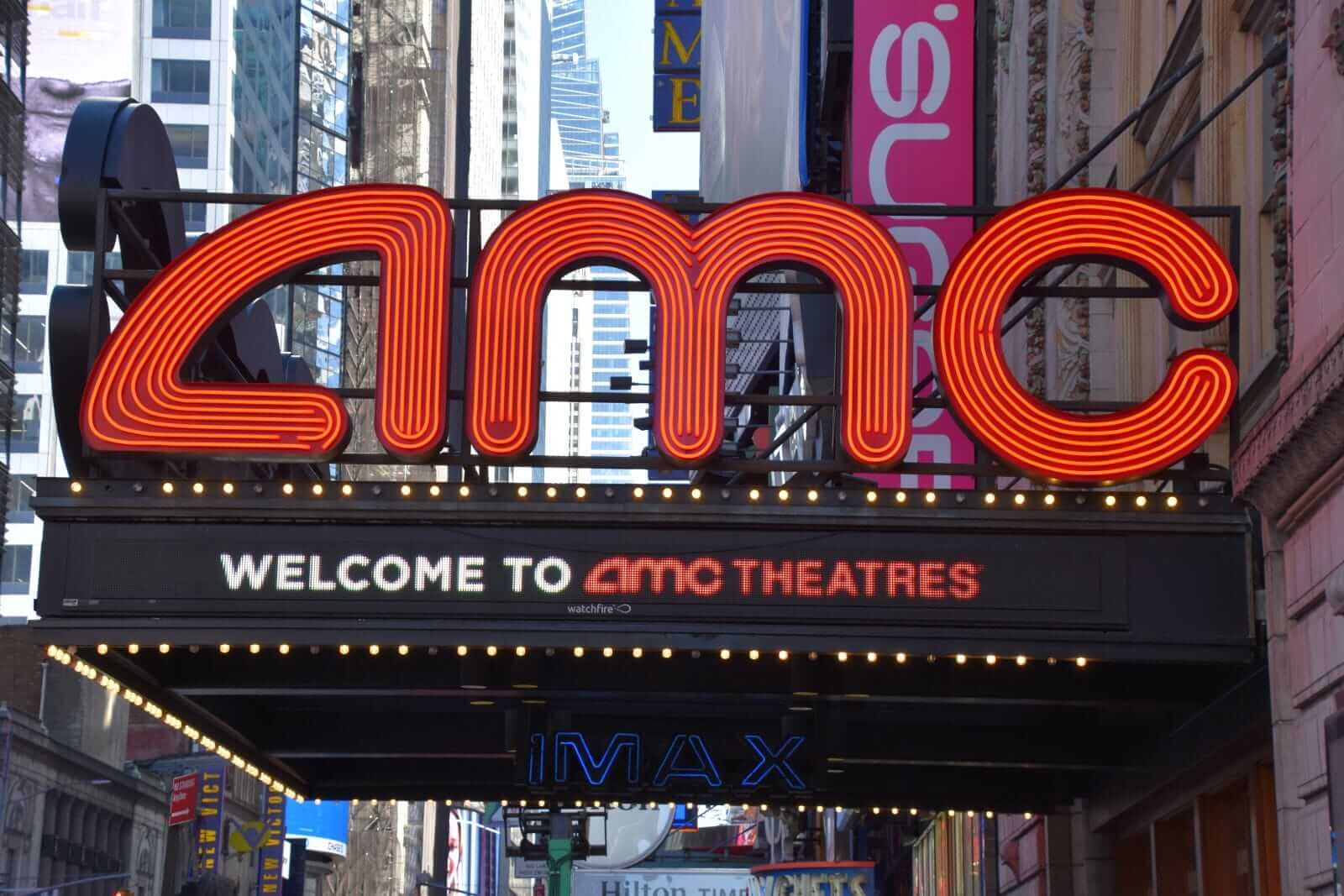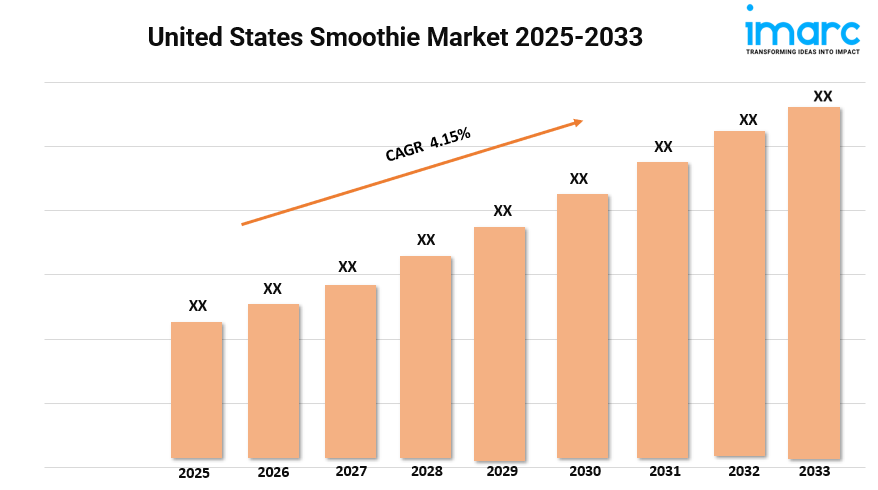Wedbush Just Upgraded AMC Stock. Should You Buy, Sell, or Hold Shares Now?

Although AMC Entertainment (AMC) is far from its meme stock heyday, it seems a positive plot twist is unfolding for the movie theater operator.
Wedbush analyst Alicia Reese upgraded the shares of the world’s largest theater chain to “Outperform,” raising the price target to $4 from $3. Reese’s optimism stems from the fact that there is a slew of strong releases over the next several quarters, and AMC, with the “most premium screens in North America,” is expected to be a natural beneficiary.
More News from Barchart
-
Insider Trading Alert: Here's Who Bought Nvidia and AMD Stock Before the U.S. Chip Deal with China
-
Dear Tesla Stock Fans, Mark Your Calendars for July 23
-
Robinhood Keeps Hitting New Highs. How Should You Play HOOD Stock Here?
-
Tired of missing midday reversals? The FREE Barchart Brief newsletter keeps you in the know. Sign up now!
About AMC Stock
Founded in 1920, AMC Entertainment operates about 870 theaters and 9,700 screens globally. Its revenue streams include box office sales, concessions, advertising, and the distribution of concert and artist films.
Valued at a market cap of $1.5 billion, AMC stock is down 10.7% on a YTD basis.
So, should you follow suit and buy into Reese’s bullishness around AMC? I would advise not to, and here’s why.
Other Avenues of Entertainment Mark Structural Shift Away From Theaters
Momentary spurts notwithstanding, the shift towards streaming platforms such as Netflix (NFLX), Prime Video, and Hulu, among others, is a reality.
Further, short-form content in the form of Instagram Reels and videos on YouTube and TikTok has seen massive growth in engagement over the last decade. All this has gradually but consistently eaten away at the share of theater chains like AMC as consumers increasingly opt for in-home forms of entertainment.
It’s not that the management has not been innovative. In fact, the company has made visible efforts to reinvigorate its theater business, both through operational upgrades and strategic rollouts. In April, it debuted two of its XL at AMC auditoriums in Kansas. These locations are equipped with expansive 40-foot-wide screens and advanced 4K laser projection, forming part of its broader AMC Go Plan. By the end of the year, the company plans to scale this offering to as many as 50 sites.
Earlier in the same month, AMC also wrapped up major renovations at two of its theaters, involving several million dollars in investments. The upgrades focused on comfort, with installations of over 4,000 AMC Club Rocker seats. These offer up to 23% more width and extend legroom by as much as 10 inches, directly enhancing customer experience.
Story ContinuesYet, these improvements appear incremental in nature and may not be sufficient to reignite consistent theater attendance.
The issue isn’t just foot traffic. AMC also finds itself contending with an evolving media landscape. Instant access to a vast library of content across streaming platforms has reshaped viewer behavior. Moreover, with the company’s revenue often hinging on the quality and cadence of film releases from major studios, its reliance on third-party content pipelines continues to be a structural disadvantage. In fact, analyst Reese, despite turning bullish on the stock, sounded a note of caution about the theater business when she said, “To be clear, we do not see substantial growth in 2025, 2026 or beyond. Over the next few years, we anticipate mid-to-high single-digit [percentage] growth rates in box-office revenue, followed by low-to-mid single-digit growth rates thereafter.”
And then there is the case of AMC's financials.
AMC Financials Are a Horror Movie
AMC's financials would put any blockbuster horror movie to shame.
To start, its shares are down 91.3% over the past five years. Compare this with Netflix’s share price rise of 165% in the same period, and the difference is stark.
In the most recent quarter, AMC continued on its path of declining revenues and widening losses. Total revenues of $862.5 million denoted a yearly decline of 9.3% with net losses widening to $202.1 million from $163.5 million in the year-ago period.
Total attendance fell to 41.9 million from 46.6 million in Q1 2024. Attendance declined in both its core market of the U.S. (26.9 million, -11.8% YOY) and international markets (14.9 million, -7.1% YOY) with the average number of screens also dwindling from 9,703 in Q1 2024 to 9,430 in Q1 2025. Average ticket prices also fell to $11.30 from $11.38 in the previous year.
Lastly, the company closed the first quarter with a cash balance of $378.7 million. This was considerably lower than the company’s huge debt burden of $8.3 billion.
Analyst Opinions on AMC Stock
Overall, analysts have deemed AMC stock to be a “Hold” with a mean target price of $3.32. This denotes downside of about 5% from current levels. Out of seven analysts covering the stock, Reese is the sole analyst with a “Strong Buy” rating, five have a “Hold” rating, and one has a “Strong Sell” rating.
On the date of publication, Pathikrit Bose did not have (either directly or indirectly) positions in any of the securities mentioned in this article. All information and data in this article is solely for informational purposes. This article was originally published on Barchart.com














